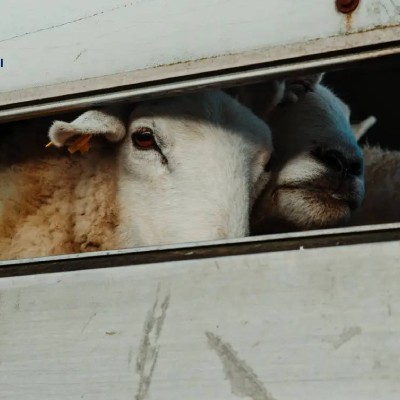Animal well-being concerns with regards to the transportation of live animals by land include but are not limited to:
- The handling of animals before loading.
- The incompatibility of animals being transported together such as mothers and calves transported with other adult animals or unsuitable species transported together.
- Disregard for the social grouping or structure of animals such as solitary and social animals transported together.
- Use of vehicles not suited for the species or specific animals.
- Exposure to unfamiliar sounds, smells and new environments.
- Exposure to unfamiliar temperatures such as vehicles parked in the sun or a wind chill factor that may result in heat or cold stress.
- No shading provided for animals during transport.
- Inadequate ventilation in vehicles.
- Overcrowding.
- Inadequate non-slip flooring.
- Starving and dehydration.
- Health and condition of the animals being transported.
- Adequate driver training and route plans to ensure the shortest and safest route.
- Lack of emergency plans in case of breakdowns or accidents, including sick or injured animals resulting in animals left to suffer until the end of the journey before veterinary care can be provided.
We investigate and institute stringent measures to reduce the cruel practices animals endure during transportation. Our objectives are to identify welfare problems in each link of the transportation train and address the concerns through the relevant channels:
- Arrange a meeting with the relevant stakeholders who are involved in the trade;
- Arrange meetings with relevant governmental departments;
- Ensure that when contraventions are found humane alternatives are provided and necessary legal steps taken should this be required.
- Conduct border campaigns with the relevant stakeholders to assist with roadblocks in key areas


